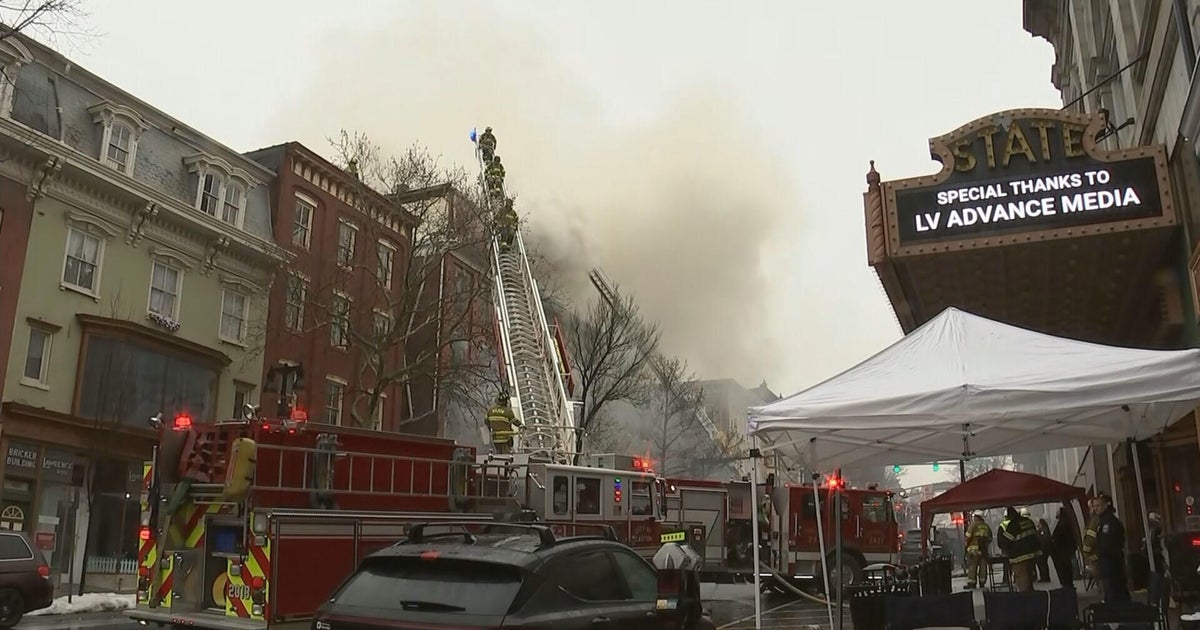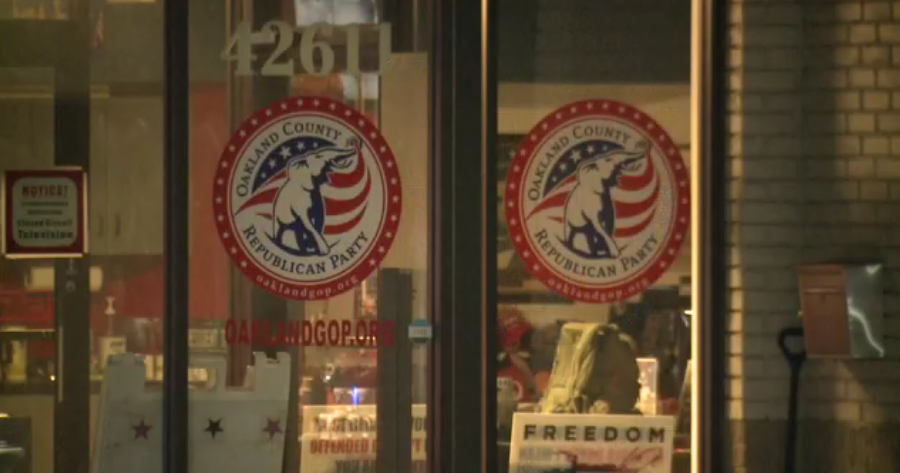Don't Feed The Donkeys: Riverside County Eyes Ban To Limit Wandering Wild Burros
RIVERSIDE (CBSLA.com) — If you're into feeding wild donkeys in Riverside County, it could soon cost you.
Riverside County supervisors Tuesday authorized the Department of Animal Services to draw up an ordinance that would impose penalties for feeding and otherwise enticing wild burros to come into populated areas, increasing the likelihood of an accident.
Supervisors approved the proposal in a 4-0 vote, lead by Supervisor Marion Ashley, who represents the district where the burros are generally found.
According to Ashley, untamed donkeys have become such a growing problem that the nonprofit rescue organization established by former "Price Is Right" host Bob Barker operates exclusively to provide emergency treatment and rehabilitative care for the creatures when they're injured.
The "Prohibiting the Harassment and Feeding of Undomesticated Burros" proposal would likely resemble a statewide Department of Fish & Game regulation that "expressly prohibits the harassment and feeding of undomesticated burros."
Department of Animal Services Director Rob Miller says burros inhabiting the Reche Canyon and Pigeon Pass area near Moreno Valley are increasingly using roadways and railroad tracks to enter populated areas.
"The burros are enticed to move further into more urbanized neighborhoods by increased contact with humans by way of food left on the side of the road, or handed out vehicle windows directly to the animals," Miller wrote in the proposal.
In December 2015, county transportation officials noted the problem of burro encounters while running speed tests on the
Perris Valley Line, which expanded commuter rail service from Riverside to the north edge of Menifee.
Burros were wandering onto or extremely close to the train tracks during trial runs, requiring authorities to scare away the animals. The donkeys have also been seen gathering along roadway shoulders waiting for food handouts, according to the county Department of Animal Services.
"In the wild, burros eat mostly grass or vegetation and fear people and vehicles," Miller stated. "However, due to easy access to foods not generally found in the wild, burros' behavior has adapted. Instead of normal grazing, the burros now seek out populated areas, roadways and people in order to obtain the treats provided."
Previous efforts to curtail the wild burro population have fallen short, including a "burro castration project" in 2010 that left more than 50 burros castrated in an attempt to limit the chances of burros reproducing and wandering onto busy roads.
(© Copyright 2017 CBS Broadcasting Inc. All Rights Reserved. City News Service contributed to this report.)







